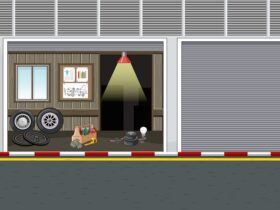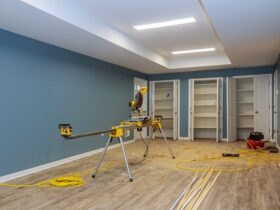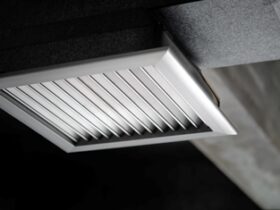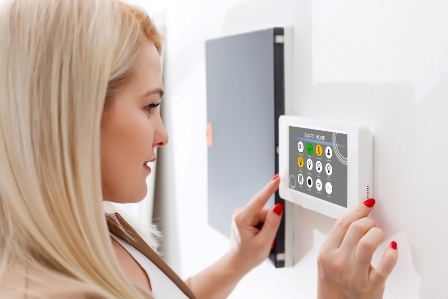In today’s modern homes, HVAC systems play a crucial role in maintaining comfort by regulating temperature and ensuring optimal indoor air quality. However, these systems are not infallible, and there are instances when an emergency HVAC situation arises, leaving you in a bind. Let’s delve into what steps you can take when faced with a sudden breakdown.
Common HVAC Issues
Understanding the common issues that plague HVAC systems is the first step in being prepared for emergencies. Airflow problems, refrigerant leaks, thermostat malfunctions, strange noises, and electrical issues are among the typical culprits that can lead to system failure.
Signs of an Emergency HVAC Situation
Certain signs indicate that your HVAC system is experiencing a critical issue. Inability to heat or cool, burning smells, leaking water, and complete system failure are red flags that should not be ignored.
Immediate Steps to Take
Upon realizing that your HVAC system is in distress, taking immediate action is crucial. Turn off the system, check for obvious issues, assess the thermostat, and inspect air filters for any blockages.
Calling for Professional Help
In most emergency HVAC situations, seeking professional assistance is the wisest course of action. Finding a reliable HVAC service and effectively communicating the issue to the technician will expedite the repair process.
Temporary Solutions While Awaiting Repairs
While waiting for the professional help to arrive, there are temporary measures you can take. Using alternative heating/cooling methods, sealing drafts, and utilizing fans or space heaters can help maintain a comfortable environment.
Preventive Measures for Future Breakdowns
Preventing future breakdowns is equally important. Regular maintenance, changing air filters, monitoring thermostat settings, and keeping outdoor units clean are proactive measures that can enhance the longevity of your HVAC system.
The Cost of Emergency HVAC Repairs
Understanding the factors that influence emergency HVAC repair costs is essential. Having a budget in mind will help you navigate through potential expenses more effectively.
Impact on Indoor Air Quality
A malfunctioning HVAC system can have repercussions on indoor air quality. Recognizing the connection between breakdowns and air quality, understanding health implications, and adopting measures to improve air quality during breakdowns is crucial.
FAQs:
Regular maintenance is recommended at least once a year, preferably before the start of the heating or cooling season.
While some issues can be addressed with basic troubleshooting, it’s generally advisable to seek professional help to avoid further complications.
Portable heaters or fans can be temporary solutions, but they are not a substitute for a fully functioning HVAC system. Professional repairs are essential.
Poor indoor air quality can lead to respiratory issues and aggravate allergies. It’s crucial to address air quality concerns promptly.
Yes, a maintenance plan can save you money in the long run by preventing major breakdowns and prolonging the lifespan of your HVAC system.
Conclusion
Being prepared for emergency HVAC situations involves not only knowing what immediate steps to take but also adopting preventive measures. Regular maintenance, prompt professional assistance, and awareness of potential signs can help you navigate through these challenging situations.










Find Us on Socials